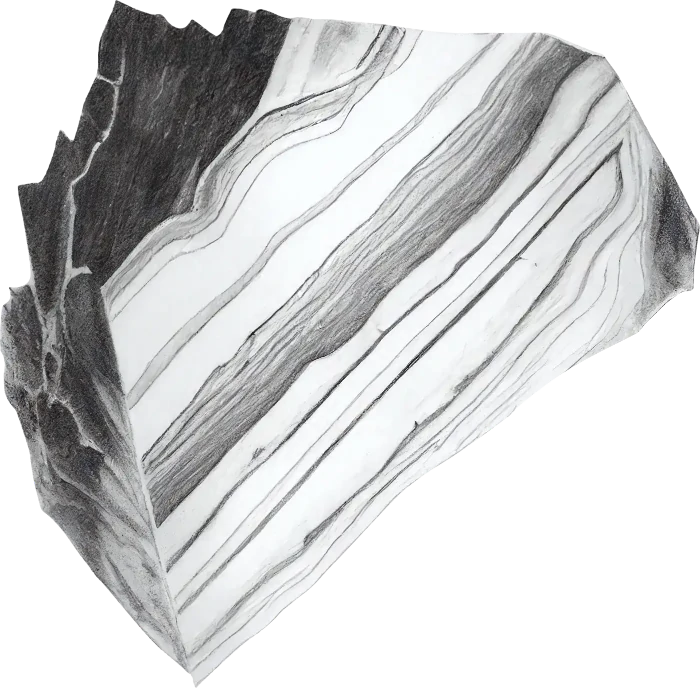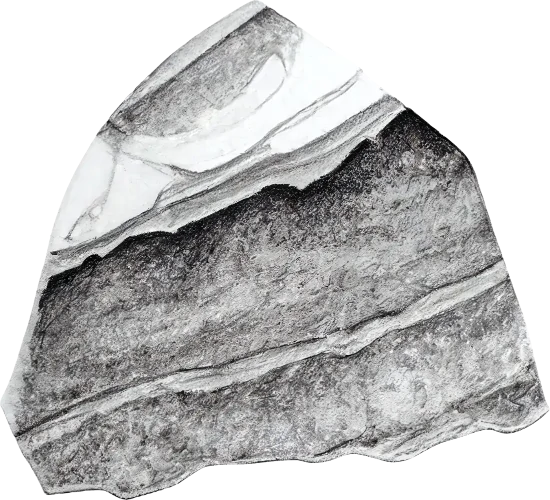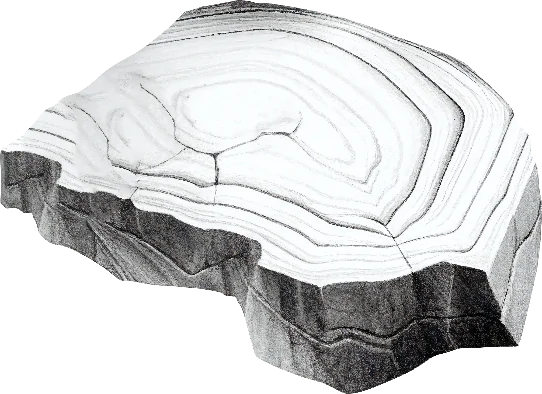Date
2019/02/24
Organisations
The University of South Australia
Department of Primary industries and Regional Development
GRDC
Authors
Mustafa Ucgul
Chris Saunders
Jack Desbiolles
Stephen Davies
Wayne Parker
Key messages
- Increasing ploughing speed from 5-15km/h significantly decreases the depth of topsoil burial
- Increasing ploughing depth beyond 200mm removed more topsoil from the surface but does not have a significant effect on the depth of topsoil burial
- The correct use of skimmers on mouldboard ploughs can increase the amount of topsoil burial below 100mm depth
- Faster forward speeds lead to less uniform mixing with ‘hot-spots’ of concentration within a spaded profile.
- Field research is required to identify which soil amendment incorporations (e.g. lime, clay, organic matter, fertiliser, etc.) can benefit from uniform spading in terms of crop response, and when less uniform (= lower cost) spading is adequate for sandy soils.
- Increasing ripping depth, whilst keeping the inclusion plate depth constant, does not increase the inclusion of topsoil but increases the draft force
- More effective topsoil incorporation is achieved at slower ripping speeds
- There is potential for improved inclusion plate design to reduce draft and improve top soil inclusion.





